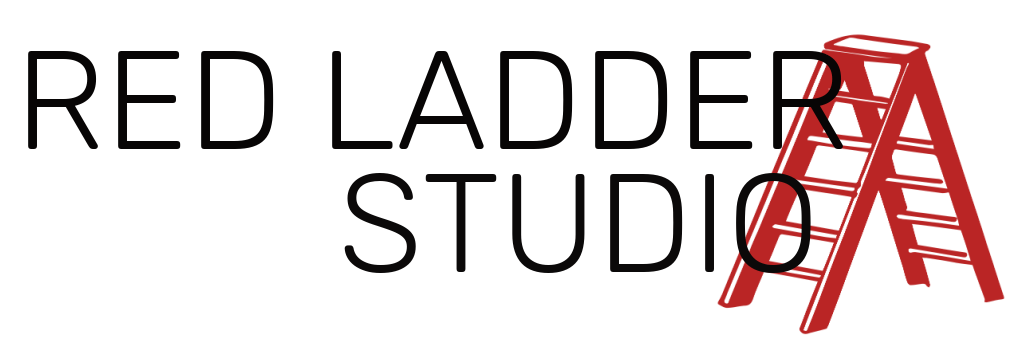The greater mandala
“Living, there is no happiness in that. Living: carrying one’s painful self through the world. But being, being is happiness. Being: Becoming a fountain, a fountain on which the universe falls like warm rain.”
When I tell you that this week I’ve been working in the garden, what image comes to mind? Me pulling weeds and raking earth? Or me in my outdoor office, umbrella for shade, computer and coffee on the garden table? Both would be correct.
But which one is work?
I once lived in a retreat centre. There were two teams, I was on the team running the retreats and another team took care of all the practical aspects of running a retreat centre. I’d spend my time preparing for retreats, reading lots of dharma, maybe writing notes for talks or workshops. Then I would be on retreat, meditating, facilitating groups and meeting one to one with people, often for walks in the beautiful countryside. This was my ‘work’.
It was pretty idyllic, but sometimes I envied the other team.
They were busy doing maintenance on the buildings, taking care of the garden, cleaning and preparing food. To me, that work seemed much more ‘zen’. Far more straightforward and simple than having to engage with people all the time.
Of course, they were envious of us. They were doing all this hard manual labour while we just seemed to be on retreat. They needed more of what we had. And we definitely needed more of what they had.
So what is work?
There're many aspects of our lives that we mentally categorise as ‘work’. Sometimes it’s the work we get paid for, but also it’s the day-to-day tasks of keeping a life going.
It’s Friday evening and I’m going to take a relaxing bath, but first I have to do the dishes. Doing the dishes is work. Then it strikes me. Are these two really so different? Both involve me immersing parts of my body in hot soapy water. Could I not experience doing the dishes as relaxing in the same way taking a bath is?
The way we categorise what we do completely changes our experience of doing it.
On a very simple level, we are only ever doing these things - moving our body through space, using our body to move objects through space, thinking and reflecting, writing, speaking and listening, looking, smelling, tasting, touching.
How funny that the mind can categorise these into ‘work’ and ‘leisure’.
What if we were to see all of our activities as taking place within a greater mandala of aesthetic appreciation?
This transformative idea comes from the Buddhist teacher Sangharakshita.
“The bodhisattva creates a mandala out of a response to the world that is aesthetic and appreciative, rather than utilitarian. To sustain life, you have to engage in a certain amount of practical activity, but if you are a Bodhisattva, all of this takes place within an overall context of aesthetic appreciation.
We usually think of ‘aesthetic appreciation’ as a little separate part of life within a much larger area that is utilitarian and ‘practical’, but really it needs to be the other way around. Our overall attitude, our overall response to life, should be purely aesthetic....
We can think of ourselves as living within a ‘greater mandala’ of aesthetic appreciation, of which all our practical mundane affairs occupy just a tiny corner. The real values are aesthetic, not utilitarian. ”
I said I’d been working in the garden in both senses of the word. Alternating between working on my computer, writing and thinking, then turning the compost and sowing seeds.
But, within the greater mandala of aesthetic appreciation, all of that is incidental. The main things I was doing, the most important things, were watching the bees visit the hollyhocks, feeling the warm breeze on my bare arms and listening to the birds.


